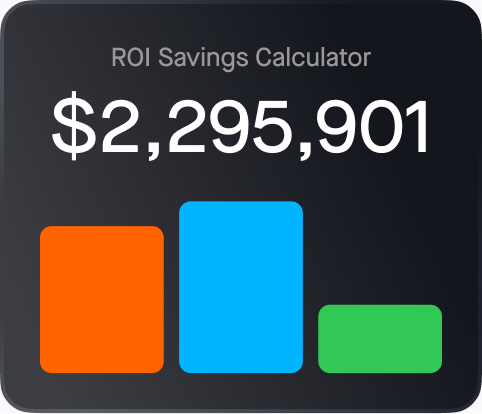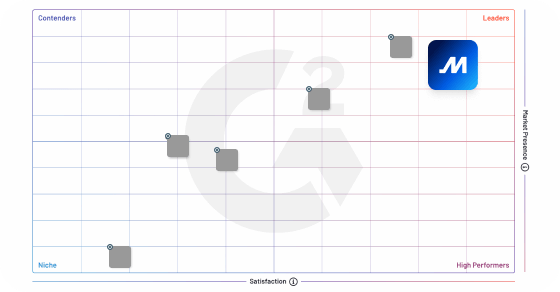Spend management is a crucial aspect of any business, including those that run fleets. The term refers to the process of controlling and optimizing expenses associated with the operation of a business. In the context of fleets, spend management involves managing and controlling expenses related to fuel, maintenance, repairs, and other operational costs.
Spend management also includes strategies and techniques employed by businesses to minimize their expenses. This may involve identifying areas where costs can be reduced, negotiating prices with suppliers, or implementing more efficient processes to reduce waste and increase productivity. By managing expenses effectively, businesses can improve their profitability and competitiveness in the marketplace.
The trucking industry is one of the most competitive industries out there, and managing expenses effectively is critical to remain competitive. Fuel costs alone can be a significant expense for trucking companies, and by implementing strategies to reduce fuel consumption, companies can save thousands of dollars. This can be achieved through the use of fuel-efficient vehicles, optimizing routes, and providing drivers with training on fuel-efficient driving practices.
In addition to fuel costs, trucking companies also need to manage expenses related to maintenance and repairs. By implementing preventative maintenance programs and performing regular inspections, companies can reduce the frequency and cost of repairs. This, in turn, can help reduce downtime, improve productivity, and increase profitability.
Frequently Asked Questions
What is the meaning of spend management?
Spend management is the process of monitoring and controlling expenses within an organization. This involves analyzing spending patterns, negotiating better deals with suppliers, and implementing cost-saving measures. A key aspect of spend management is ensuring that money is spent wisely and efficiently, with the ultimate goal of maximizing profits and minimizing waste.
What is an example of spend management?
An example of spend management is real-time transaction tracking. By leveraging a fleet card system that provides detailed transaction data, companies can monitor fuel and maintenance expenses more effectively. This allows for better oversight and control of spending, enabling prompt identification of any discrepancies or unauthorized purchases. By regularly reviewing and analyzing transaction data, companies can optimize their spending patterns, identify cost-saving opportunities, and ensure compliance with budgetary constraints for their fleet operations.
What is the difference between expense and spend management?
Expense management refers to the process of controlling and monitoring expenses incurred by an organization, while spend management refers to the holistic approach of managing all expenditures by an organization, including expenses and investments. In essence, spend management encompasses a wider range of activities than expense management.
What is the principle of spend management?
The principle of spend management involves controlling and optimizing an organization’s spending to reduce costs and increase efficiency. This involves identifying and analyzing all areas of spending, negotiating with suppliers, setting budgets, and monitoring expenses to ensure they align with the organization’s goals. The goal of spend management is to minimize waste and increase profitability, ultimately leading to greater success for the organization.



